Research
Find most up-to-date listing of publications. Search ‘Landon Marston’ to find group data.
Focus Areas
Our research aims to provide new understanding and solutions for sustainable water resources management through data analytics, modeling, and analysis of integrated socio-hydrologic systems. Human-water systems exhibit complex interactions that stretch across multiple spatial and temporal scales and feature system feedback, emergence properties, and thresholds that lead to nonlinear responses. Our work investigates these complex systems, drawing on approaches and concepts from engineering, computer science, hydrology, environmental science, and economics. We regularly collaborate with both natural and social scientists to understand these systems. Much of the Marston Research Group’s past and current research falls within one or more of the following thrust.
water + trade
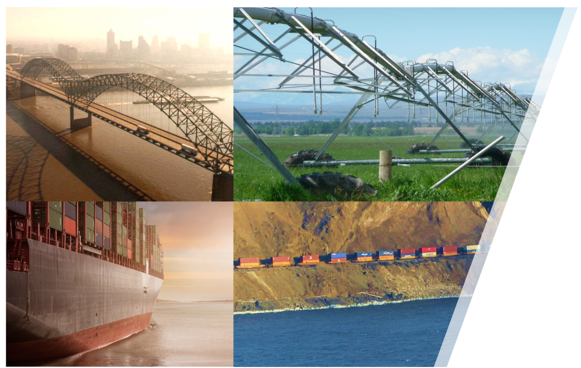
A major finding of our work to date is that one unintended consequence of the current landscape of economic and trade policies has been the overexploitation of water resources. As water becomes scarcer and globalization increasingly connects consumers to distant natural resources, our work is imperative in order to understand the demand forces that are contributing to the unsustainable use of water around the world. Our work provides an important first step toward empowering producers, consumers, water planners, and decision-makers to manage water resources more holistically and at the appropriate scale by linking understanding of local production withdrawals with new knowledge of nonlocal water dependencies enabled by trade.
food + energy + water systems
The production, utilization, and security of food, energy, and water (FEW) are inextricably linked. As global demand for FEW resources continues to increase, supplies of these interconnected resources are becoming less secure. Our research within the FEW nexus aims to i) understand how climate and/or policy ‘shocks’ propagate through these interlinked systems and ii) reveal hidden dependencies and risks within these systems, particularly those that extend across multiple temporal and spatial scales.
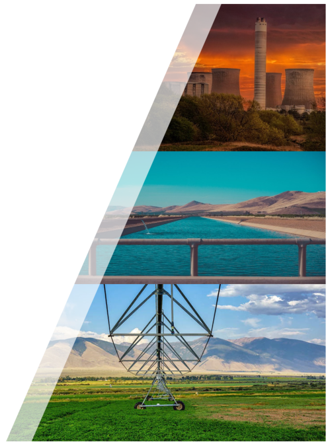
water + infrastructure
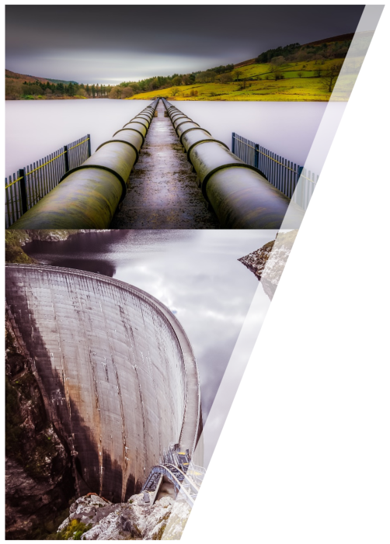
Water infrastructure, such as dams, pipelines, and canals, are used to control the spatial and temporal variance in water availability. The benefits and costs of these infrastructure projects are often evaluated in isolation and only consider the local societal and environmental impacts. Our group is investigating the non-local societal dependencies and environmental impacts of water infrastructure and how these dependencies and impacts aggregate across a portfolio of infrastructure projects.
water use science
The basis of sound research, decision-making, and policy is accurate and timely data. Yet, when it comes to water – one of our most important natural resources – we have limited information on where water is used, who uses it, for what purpose, and how much is diverted and returned to the source. Our work seeks to understand the primary drivers of water withdrawals and consumption of different water users and provide estimates of these uses so to fill this critical knowledge gap. Our research enables water users to conserve water by benchmarking their water utilization against industry-specific standards, as well as reduce their indirect water footprint by identifying inefficient water users within their supply chains.
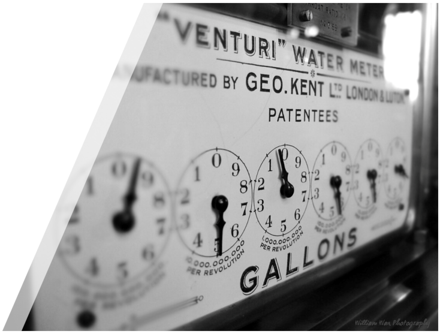
water + governance

Effective water governance involves the difficult task of integrating 19th century water law and policy and 20th century infrastructure to meet the 21st century challenges of population growth, urbanization, and climate change. We are interested in exploring new governance structures and evaluating their efficacy in alleviating water scarcity, enhancing the long-term viability of water resources, and meeting the needs of society. We are particularly intrigued by bottom-up, collective water governance, which we assess using tools from network science, agent-based modeling, and hydrology.
our research has been supported by...




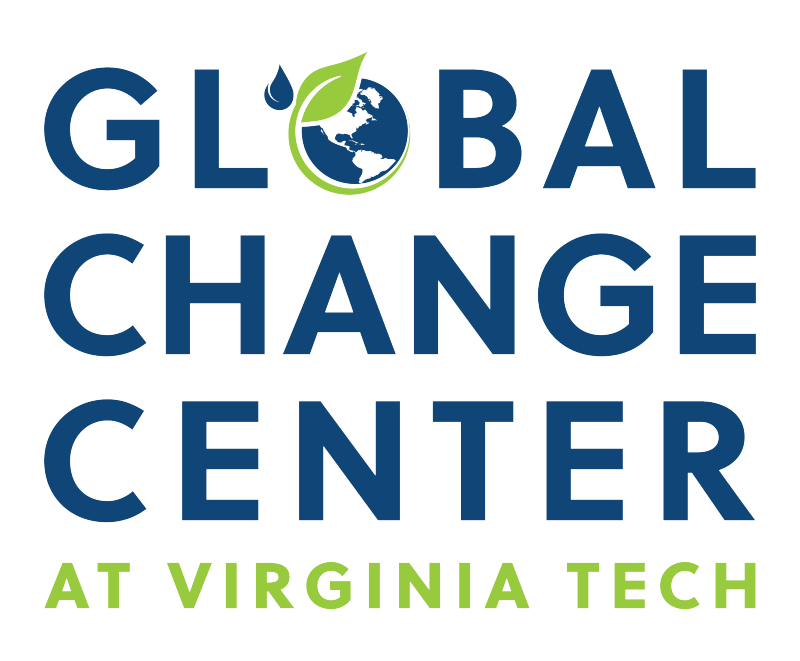

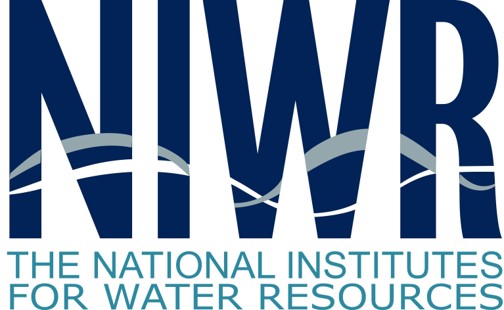


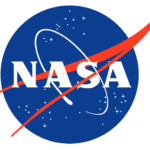
Copyright © 2025 by Landon Marston